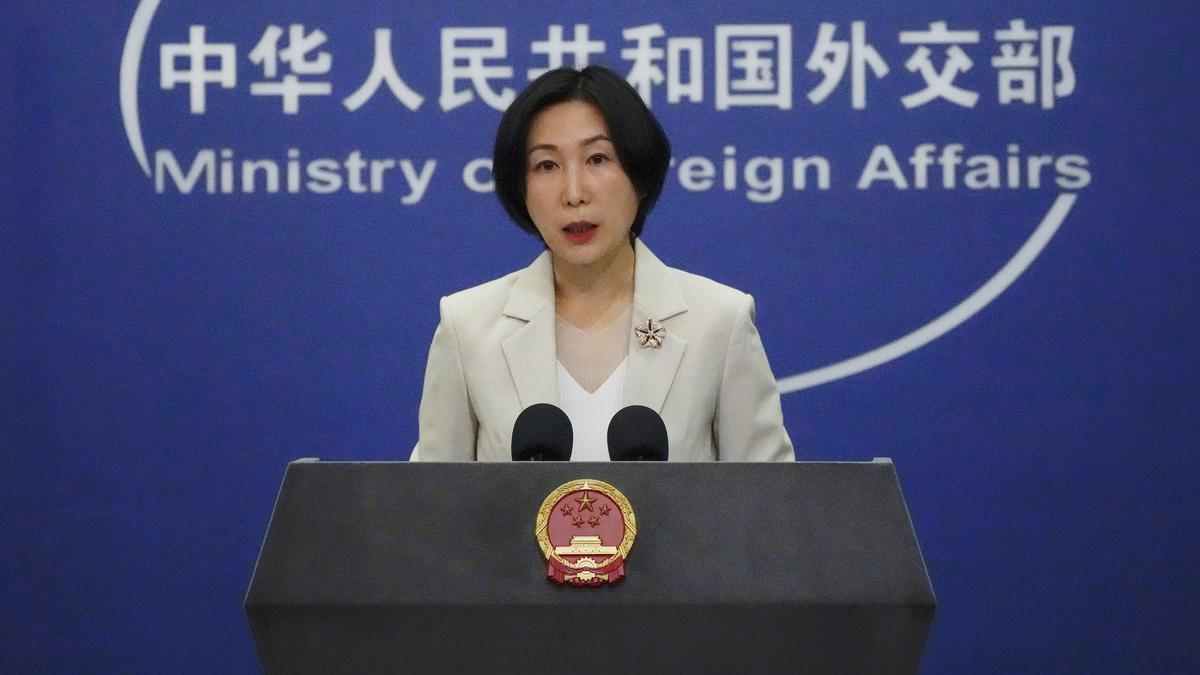
China affirms ex-Soviet nations' sovereignty after uproar
The Hindu
The governments of Estonia, Latvia and Lithuania rejected Ambassador Lu Shaye’s comment to a French broadcaster when he said there was no agreement to solidify the status of ex-Soviet nations as sovereign countries.
The Chinese government said on April 24 it respects the sovereignty of former Soviet Union republics after Beijing’s ambassador to France caused an uproar in Europe by saying they aren’t sovereign nations.
The governments of Estonia, Latvia and Lithuania rejected Ambassador Lu Shaye’s comment to a French broadcaster. While answering a question about the status of Crimea, which Russia seized from Ukraine in 2014, Mr. Lu said there was no agreement to “solidify their status as a sovereign country."
Beijing declared it had a “no-limits friendship” with Moscow before its 2022 invasion of Ukraine but has tried to appear neutral, calling for a cease-fire and peace talks. China has repeated Russian justifications for the invasion.
“China respects the sovereign status of the former soviet countries after the dissolution of the Soviet Union,” said foreign ministry spokesperson Mao Ning. Ms. Mao said Beijing's position is “consistent and clear” but gave no indication whether Mr. Lu's comment was considered incorrect.
The ambassador drew a parallel with the Baltic nations and other former soviet republics that declared independence from Moscow when the Soviet Union broke up in 1991.
“With regards to international law, even these ex-Soviet Union countries, they do not, they do not have the status — how to say it? — that’s effective in international law, because there is no international agreement to solidify their status as a sovereign country,” Mr. Lu told news channel LCI.
Russian President Vladimir Putin has said he doesn’t recognize Ukraine's sovereignty. The Kremlin has made clear that it sees the independence of the Baltic States and their role in NATO and the European Union as threats to Russian security.











